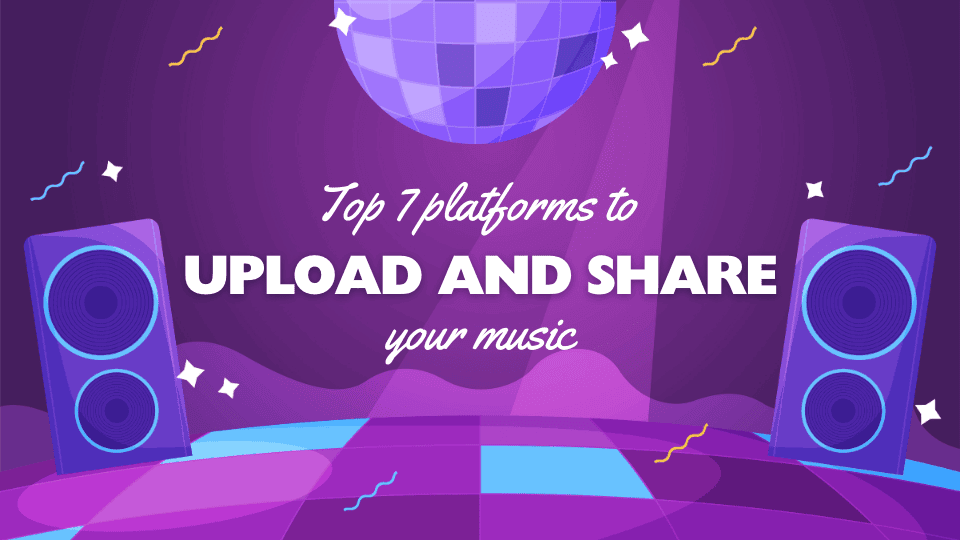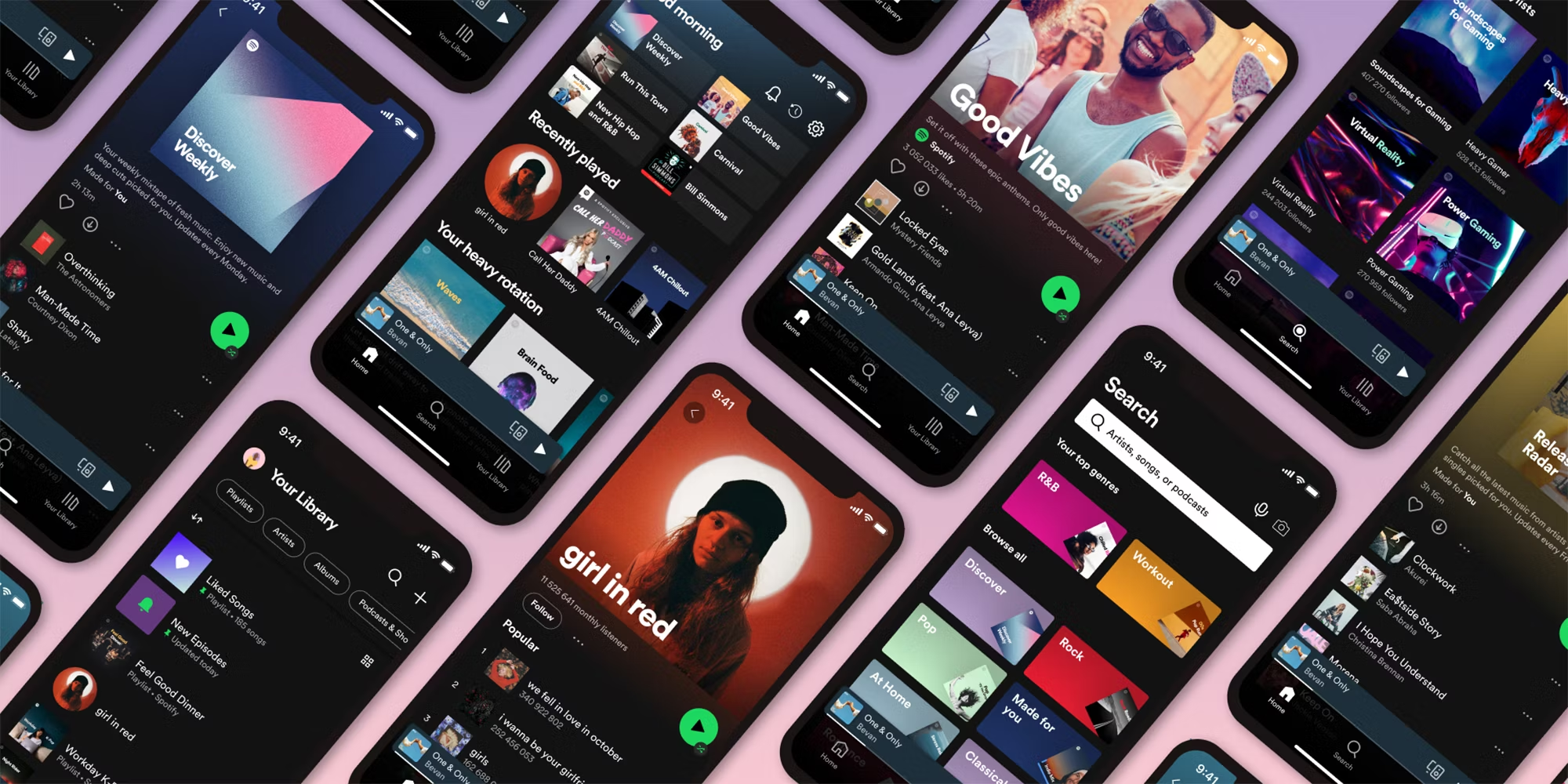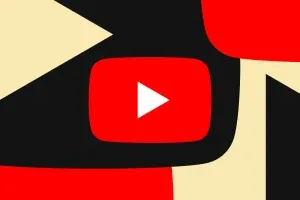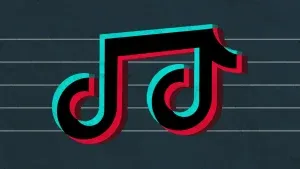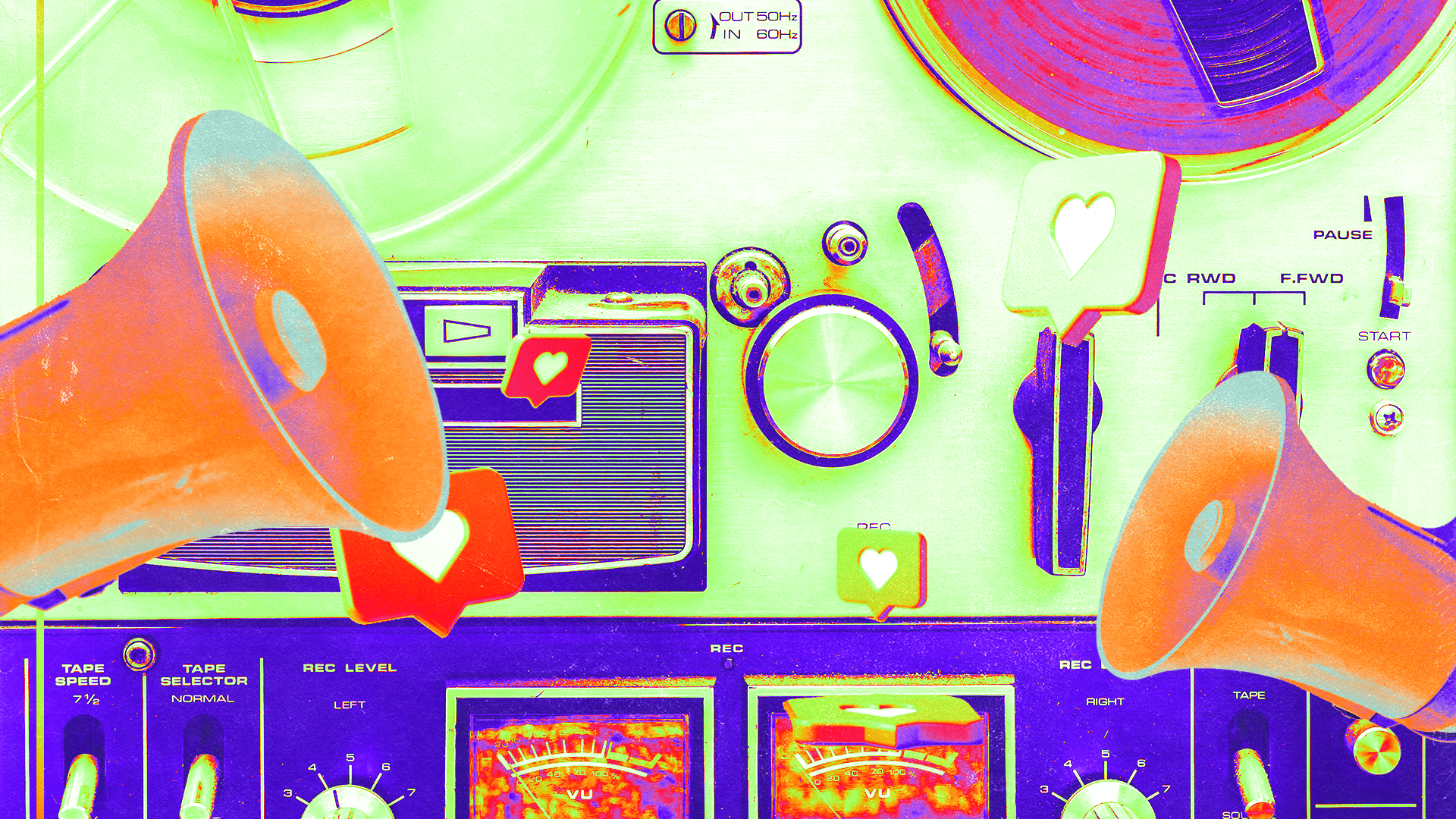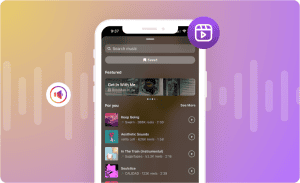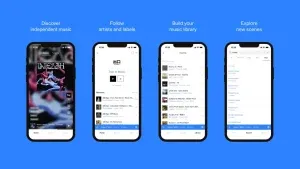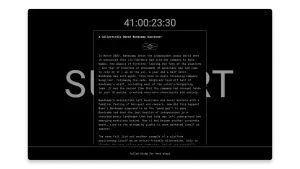Finding the right platform to upload and share your music is crucial for reaching your audience and building your brand. With numerous options available, from established giants like Spotify and SoundCloud to emerging new platforms, it’s important to choose the one that best suits your needs.
In this guide, we’ll explore various platforms that offer unique features and benefits, helping you make an informed decision on where to showcase your music. Dive in to discover which platform is right for you and start sharing your music today!
Spotify
SoundCloud
The “check out my SoundCloud” jokes exist for a reason – SoundCloud is one of the most popular places to share your music with others.
While it can work like a streaming service similar to Spotify (with the SoundCloud Go+ subscription), that’s not its main purpose. SoundCloud is more like a portfolio for musicians. It’s a great place to showcase your latest work, upload previews of upcoming releases, or share sketches and unreleased versions of your music.
Uploading your music on SoundCloud is simple. You can start with a free account, which lets you upload up to 3 hours of content. Just follow the upload steps from the toolbar at the top right.
If you prefer, you can keep your uploads private and share them via private links without making them public. The upload and processing usually take just a few minutes.
SoundCloud does offer ways for artists to make money, but in our experience, it’s better to focus on other platforms for earning income.
YouTube
YouTube is a flexible platform that you can use in different ways depending on your goals.
You could treat it like a music portfolio by creating a regular account, uploading your music with artwork, and using these videos for promotion.
Another option is to release your music through a distributor, which is often the best way to share your music on YouTube.
This allows you to create an Official Artist Channel, earn royalties from YouTube Music streams, and monetize your music through YouTube Content ID. You can also post videos related to your music to help promote yourself as an artist.
TikTok
Music and dance have always been central to TikTok, making it a great platform for artists. However, you can’t directly upload your music to TikTok from your phone unless it’s part of a video. To add your music to TikTok’s audio library, you’ll need to use a distributor.
The process is similar to releasing on Spotify or YouTube, as most distributors will release your music to all major platforms at once. You’ll typically need to choose a specific part of your song to serve as the TikTok “sound.”
With over 1 billion monthly users, getting your music on TikTok can be a smart move. Since you can’t directly upload audio files when recording a video, having your music in the audio library is essential for promotion.
Once your music is in TikTok’s audio library, you can create an artist account and claim your artist name. This gives you a dedicated tab on your TikTok profile to showcase your music. Additionally, releasing your music through a distributor allows you to earn royalties when others use your music in their videos.
Like TikTok, Instagram doesn’t let you directly upload and share your music from your device unless it’s already part of a video. However, you can get your music into Instagram’s audio library by using a distributor.
This allows you to easily add snippets of your music to videos and images you upload, making it a great tool for promoting your music.
One difference between Instagram and TikTok is that Instagram doesn’t offer as many features specifically for musicians. But given Instagram’s huge reach and popularity, it’s important to have a presence for your music on the platform to help build your audience.
Nina Protocol
If you’re interested in exploring innovative alternatives to major online music platforms, Nina Protocol might be worth a look. It’s a marketplace where artists can sell their music directly to listeners and offers editorial content with music journalism, opinion pieces, and curated selections.
What sets Nina apart is that it’s blockchain-based, doesn’t take a cut of your sales, and has no subscription fee. To earn money, you’ll need a Solana wallet, but the developers have made it easy to set up using just your email.
While setting up an account is different from major platforms, and the audience reach might be smaller, it’s worth exploring. Check out their site, learn about the platform, and see what kind of music is released there. It could be a great fit if you prefer reaching a specific, quality audience over a large one.
Subvert
Finally, there’s a new platform called Subvert that’s generating buzz, even though it hasn’t launched yet. Subvert aims to be a collectively-owned marketplace where artists can sell digital and physical music directly to fans, giving them more control over the platform and its future.
A countdown on their site suggests a late September 2024 launch, and you can sign up for their mailing list to stay updated. While details are still limited, Subvert has definitely caught our attention.
Conclusion
Choosing the right platform to upload and share your music can significantly impact your success as an artist. Whether you opt for well-known services like Spotify and SoundCloud or explore innovative new platforms, each option has its own strengths. By understanding the features and benefits of each, you can select the platform that aligns with your goals and helps you effectively connect with your audience.
Explore these options now and take the next step in promoting your music to the world!

